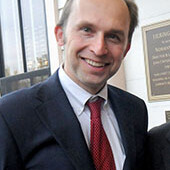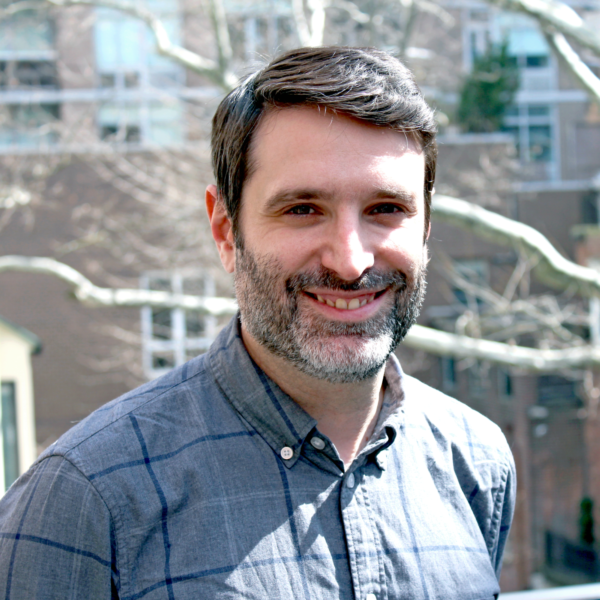Created and hosted by Carnegie Council Senior Fellow Ted Widmer, "The Crack-Up" is a special podcast series about the events of 1919, a year that in many ways shaped the 20th century and the modern world. And throughout 2019, "The New York Times" will be running long features on the legacy of 1919. These videos explain why 1919 was such an important year, what "the crack-up" means, and previews upcoming essays and podcasts.
Created and hosted by Carnegie Council Senior Fellow Ted Widmer, "The Crack-Up" is a special podcast series about the events of 1919, a year that in many ways shaped the 20th century and the modern world. And throughout 2019, The New York Times will be running long features on the legacy of 1919.
These videos explain why 1919 was such an important year, what "the crack-up" means, and previews upcoming essays and podcasts.
Widmer discusses his new podcast series, "The Crack-Up," which looks at how 1919 shaped the modern world.
Widmer talks about how 1919 shaped the modern world, touching on Woodrow Wilson, the end of World War I, and new technology, such as the automobile and film.
Widmer speaks about how Europe and the Middle East coped with the aftermath of World War I and Woodrow Wilson's thoughts on democracy.




